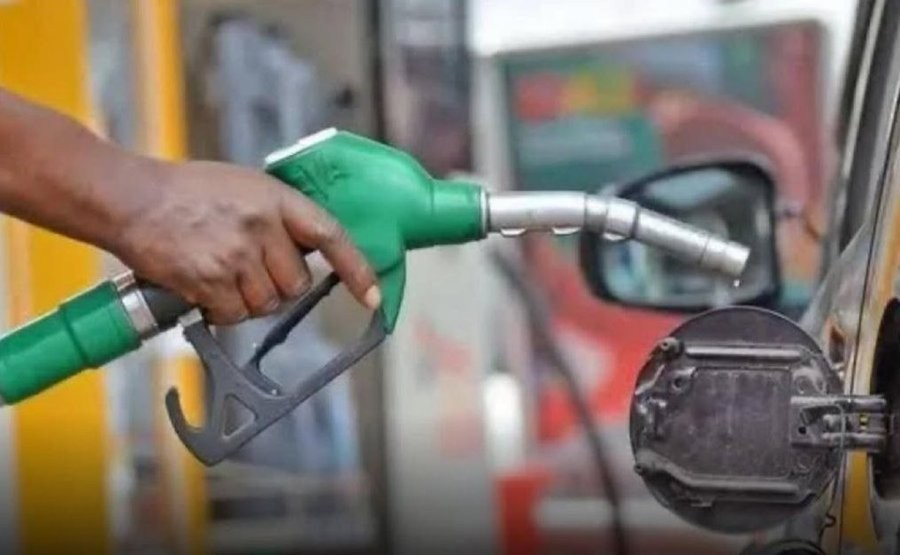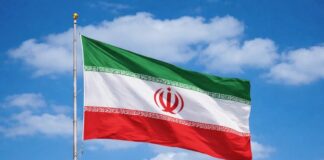The recent statement from the Independent Petroleum Marketers Association of Nigeria (IPMAN) about the potential shift to selling petrol in dollars has sparked widespread concern across the nation. As Nigeria grapples with economic challenges, including a fluctuating Naira and increasing inflation, this proposal could mark a significant shift in the country’s economic landscape.
The Naira-for-Crude Deal Dilemma
The IPMAN proposal stems from ongoing struggles with the Naira-for-Crude deal. The current system, intended to stabilize fuel prices domestically, has faced significant hurdles due to the weakening Naira and high demand for foreign exchange. Should the deal fail, marketers may have no choice but to peg fuel prices in dollars—a move that could push fuel prices beyond the reach of the average Nigerian.
Implications for the Common Man
A transition to a dollarized oil economy means Nigerians would bear the brunt of increased fuel prices. Imagine a scenario where one liter of petrol costs the equivalent of a dollar, translating to approximately ₦1600 per liter (based on current exchange rates). This potential reality would have far-reaching effects on transportation costs, food prices, and the overall cost of living.
Government Intervention Needed
To prevent this looming crisis, the Nigerian government must act swiftly. Initiatives like stabilizing the Naira, curbing inflation, and increasing domestic refining capacity are critical. In addition, fostering transparency in the oil and gas sector could restore public confidence and attract investments that may ease the current pressure on the economy.
What Lies Ahead?
The situation demands urgent and strategic planning. While the prospect of dollarized petrol sales raises alarms, it also underscores the need for Nigeria to address its economic vulnerabilities. How the government and stakeholders respond in the coming weeks could determine the trajectory of Nigeria’s oil economy and the well-being of its citizens.





